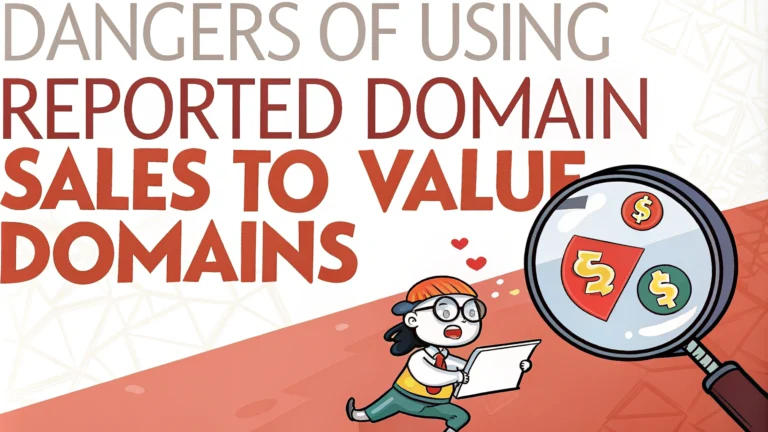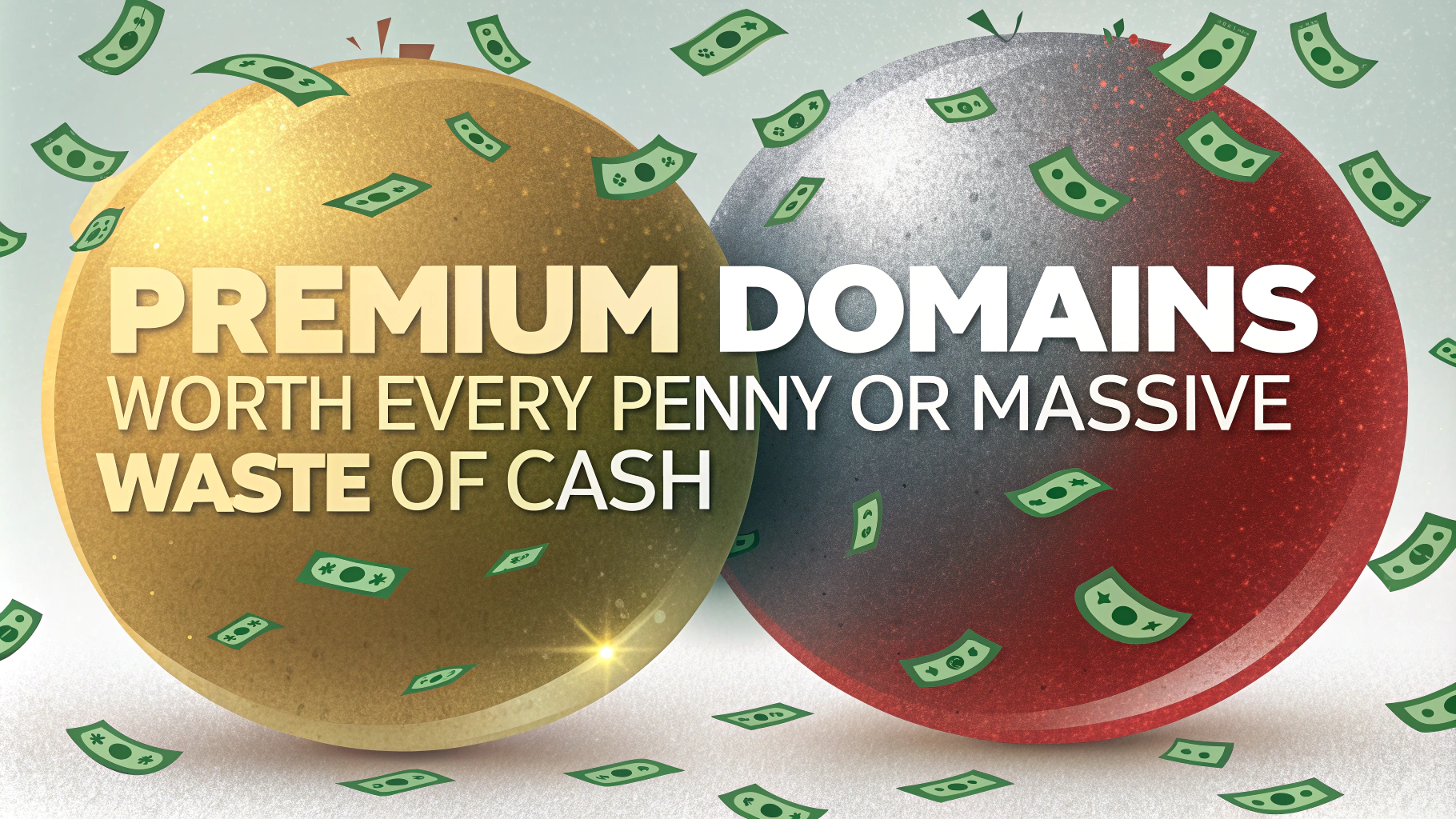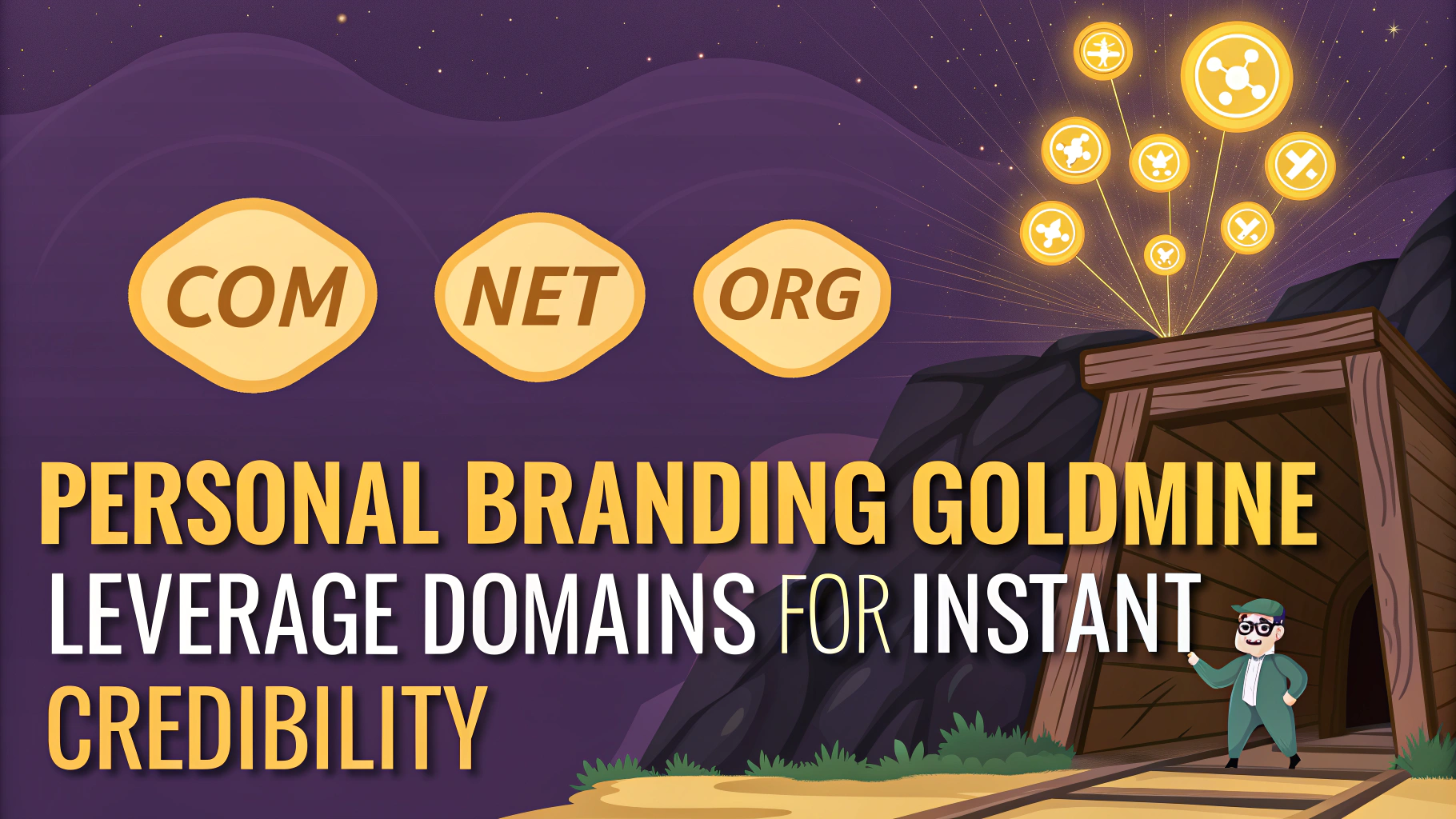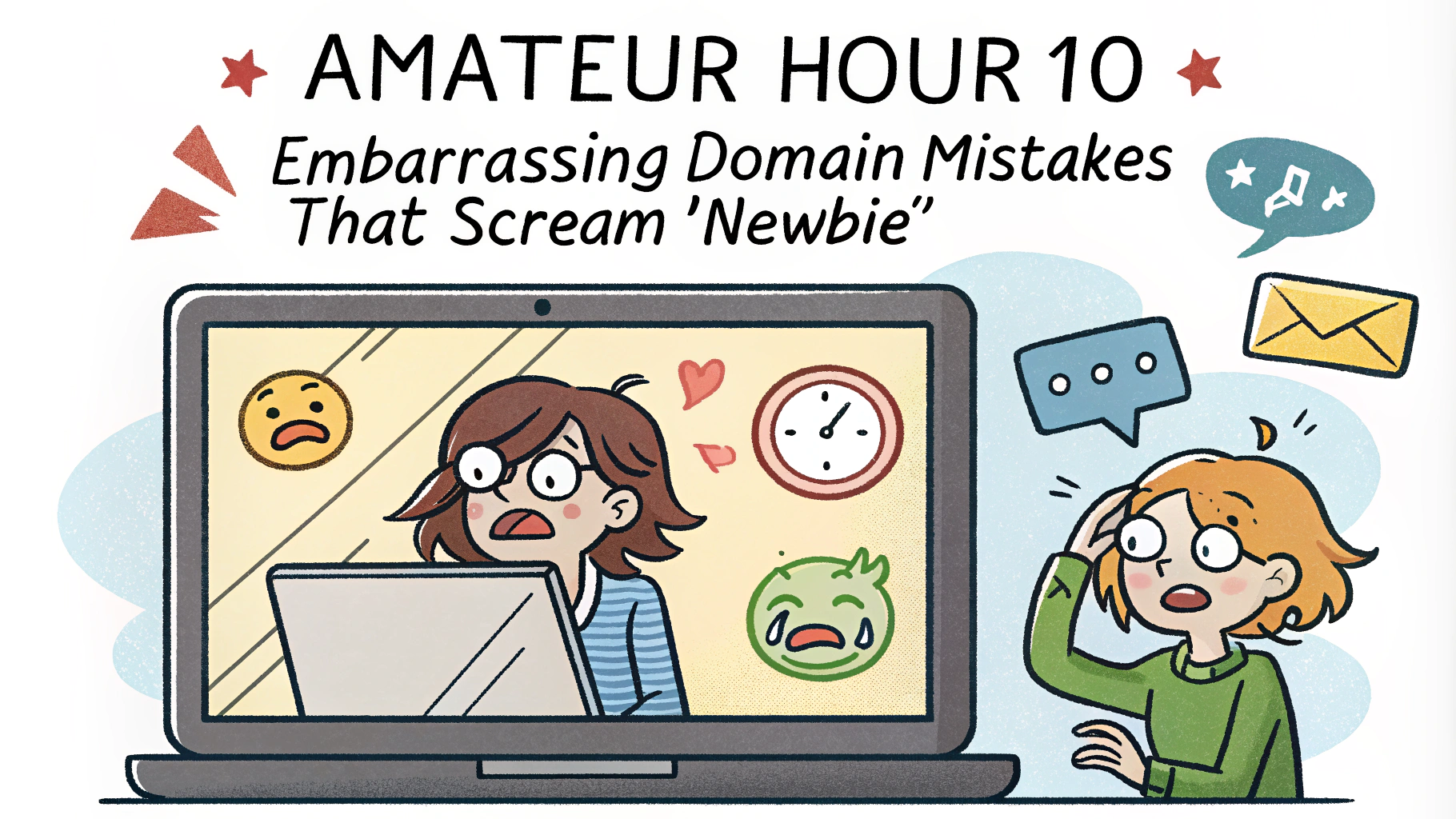Domain name investors normally think their domains are worth a lot more than they actually are.
While there’s a fair share of delusional owners who value their domains by plucking some astronomical figure out of thin air, even the ones who use a reasoned approach end up with overly bullish valuations.
A common approach to valuing domain names is to use comparable sales as a benchmark.
Although actual transaction prices may be useful as an estimate, they don’t account for illiquidity sufficiently. In other words, a domain may be worth at least X because a similar domain sold for Y. But in reality, if there are no ready buyers willing to pay X then it’s misleading to think that’s how much the domain is worth.
This mistaken assumption about the liquid values for lower quality domains has got a lot of domain investors into unforeseen cash flow problems.
If you’re just starting out, take extra care to be extremely conservative when projecting what you can sell your domains for.
Domain Investments Based on Reported Sales
Domain speculators with limited funds tend to focus on the lower end of the market by registering $10 domains and hoping to flip them for 3-4 figures.
This strategy allows for hundreds and even thousands of domains to be purchased, and to rely on a small percentage of the total domains to be sold for a sizeable profit each.
There are plenty of domain portfolios where domains were registered in bulk on the assumption that they must be valuable because they are similar to reported domain sales.
Speculators confidently spend large sums to buy up domain names thinking that if a certain domain name actually sold for $1,200 then a batch of similar domains must be worth at least $250 each.
They eagerly register 10 (or 50) domains that cost a total of $100, on the assumption they are worth at least $2500 (10 x $250).
Continual Stream of Monthly Sales Reported
Every month, there are hundreds of reported domain names sold for more than a thousand dollars each. And there are plenty of domains that are similar to each of these that may be available to register.
So, it’s easy to follow this strategy and end up with a few hundred/thousand domains in your portfolio quite quickly.
The problem is most portfolio owners aren’t able to validate the investment model before scaling up. Or, they’re too impatient to. Normally they only discover the whole scheme doesn’t work when it’s too late.
Why Doesn’t It Work?
There are a few key points that are often overlooked when speculating on domains in this way.
First — the average domain punter doesn’t have the holding power, or the skill to acquire sellable domains.
Second — they mistakenly assume there will be ready buyers as long as they lower the price. But they don’t understand that such low-end domains are extremely illiquid.
If an end-user really wants such a domain, they can pay $1,000 to $2,000 for them. But without such a motivated buyer, the same domain may not be able to sell for even $50. That price range is massive!
When these low to mediocre quality domains are reported to sell for one or two thousand dollars, it is important to get a bit of perspective on the sale, rather than be carried away by the upside.
Understanding the Sale/Model
Before jumping in to charge thousands onto your credit card in the rush to be a domain portfolio holder, take some time to get a thorough understanding of how the game works.
When you dig into the details, the picture usually isn’t as rosy as initial impressions.
Here are some of the essential elements to consider:
- Holding Time/Cost: Many of these domains have been owned and renewed by the owner for many years already. They didn’t just register and sell it in the same year.
- Portfolio Costs: And what about the hundreds or even thousands of other domains in the same portfolio that didn’t sell? The renewals for all of them need to be paid from the sale proceeds of the one that sold.
- Profitability: So, in reality, there may not be much of a profit when you account for multi-year renewals and financing the portfolio holding costs.
- Market Size / Sell-through Rate: Let’s say there are a generous 1,000 such sales in a given month. That may seem a lot as it generates a few million dollars of genuine transactions. But when you consider there may be more than a million domain names of comparable quality listed for sale, that’s a measly 0.1% that get sold.
- Portfolio Quality: The domains that get sold and lots that are listed for sale are normally much better quality names that were grabbed many years ago, compared to what can be registered today. Although it may not be obvious to the novice eye, there’s likely to be a huge difference between what’s in the market and what’s currently left unwanted for inexperienced buyers to pick up.
Conclusion
Domain names are one-of-a-kind assets that are difficult to value. There’s a huge gap between the end-user, wholesale and liquidation prices.
Domain investors should be aware of these valuation characteristics before buying a sizable portfolio and being exposed to the risks.
Reported domain sales provide buyers and sellers with a useful guide on values, but they should be used selectively. There are lots of anomalies and outliers within transactions done, so a great deal of judgment needs to be used on a case-by-case basis.
Above all, be aware that it is very difficult to sell a domain. The typical holding period lasts for years, and you need a portfolio of decent names to have a fair chance of selling a few.
Do use actual transactions that took place as a good source to see what type of domains sell, and for how much. But don’t get carried away by dazzling one-off sales. Try to look for trends and patterns to spot opportunities.











